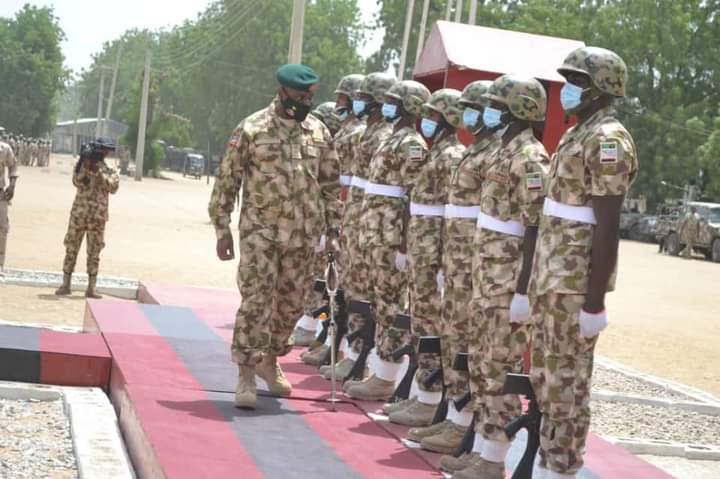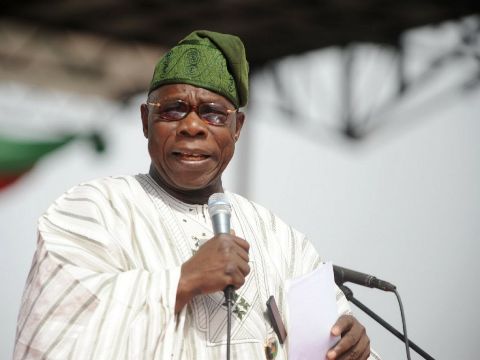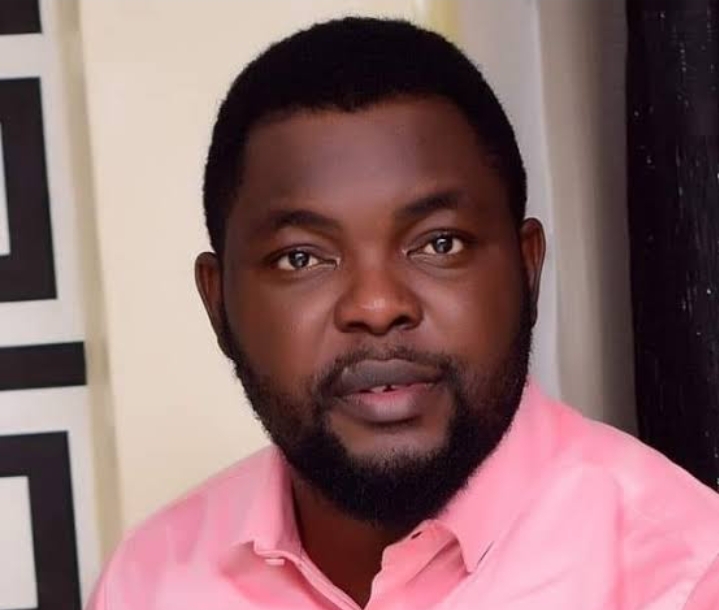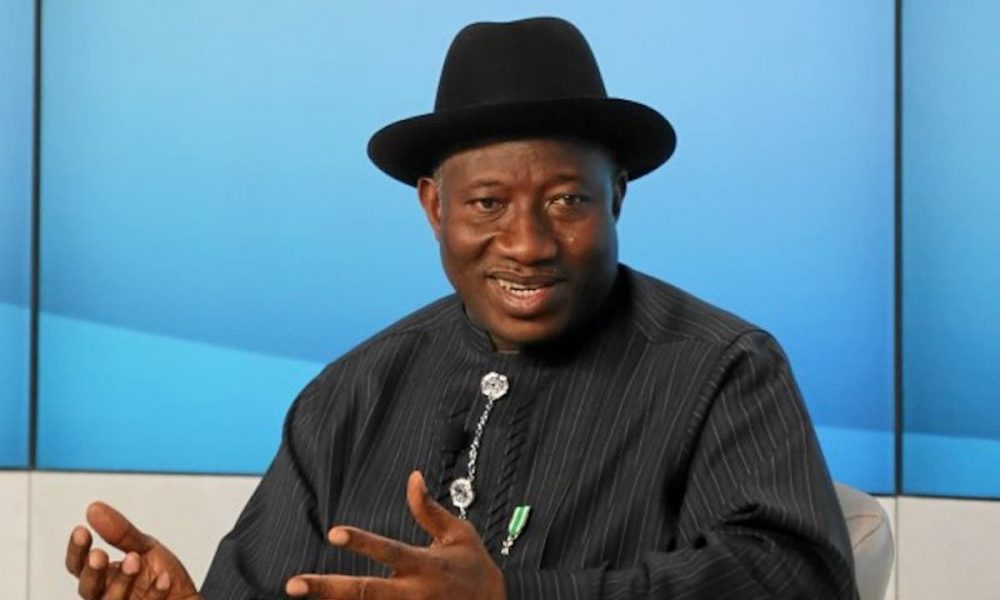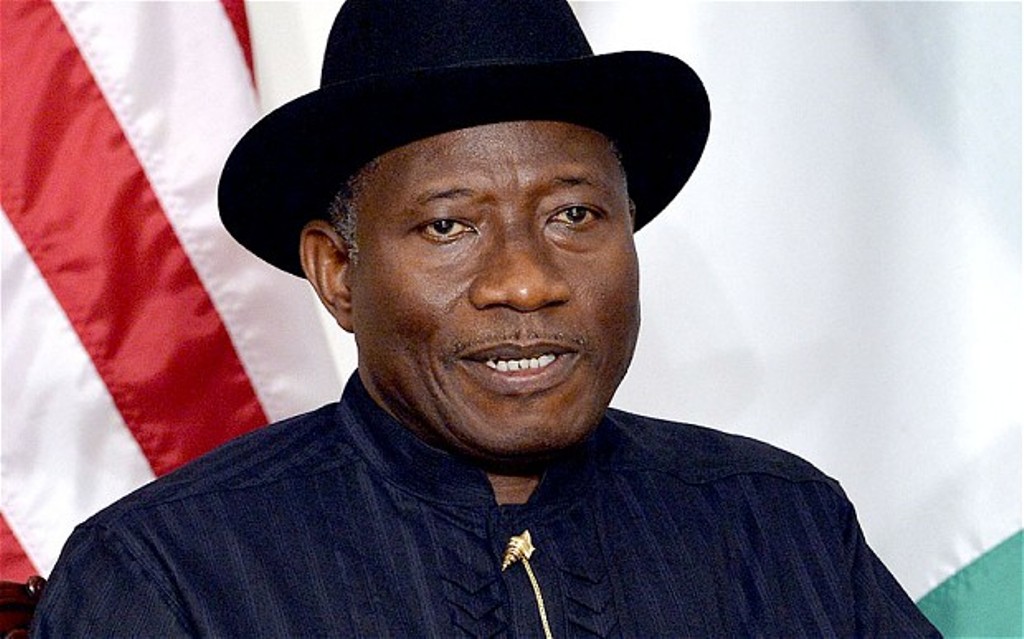Nigeria’s much anticipated presidential election has yielded an outcome, leaving behind a thick smoke trail of disquiet and global infamy. Mr. Bola Tinubu of the ruling All Progressives Congress (APC) has since been announced winner of the February 23rd election. At home, the emotions are unevenly mixed between the minority whose partisanship has triumphed and the opposing majority who are understandably disappointed. Internationally, the consensus among independent observers is that the conduct and outcome of the election fell short of the expectations of the majority of Nigerians.
The high expectation was palpable among Nigerians in the run up to the polls. The optimism among an army of youth most of whom were voting for the first time signaled a more than usual level of optimism in the promise of democracy to heal the multiple wounds of a country that has been badly injured in the last eight years. For the first time, majority of Nigerians believed that the imminent elections would assuage their collective hurt from eight years of easily the most rudderless administration in the history of the country.
Early on election day, the atmosphere in most parts of the country was almost that of a carnival. Polling stations were over filled and the enthusiasm of young voters was readable on the faces of throngs. They had come to believe that the ballot held the key to a better country. Strangers at polling stations became friends united by a common aspiration, a shared hope and confidence in the power of democracy. Perhaps at last democracy had found hope and home in the largest black nation on earth.
People at polling units shared food, drinks and hope. Somewhere in Kogi state, a man was arrested by the mob after he snatched a ballot box. The mob descended on him. At the point of lynching, he was rescued by youth, INEC and the police, all intent on having a peaceful election. At the slightest suspicion of INEC staff trying to play outside the rule book, a uniform cry rent the air: “We no go ‘gree o! We no go ‘gree!” That became a universal national outcry by crowds, mostly of youth, protesting slip ups and attempts by INEC and officialdom to deviate from the rules.
At other times, when it seemed that people would not have an opportunity to vote, a different, more militant outcry erupted: ‘We must vote o!! We must vote o!! We must vote!!!’ That was another nationwide battle cry of youth armies at different polling stations either when INEC officials were late in coming or voting material were lacking or INEC’s efficiency was lagging. In one place, women with bare hands fought off hoodlums with clubs and machetes who had come to disrupt voting.
At another polling station, people waited all through the day and well into the night just to cast a vote. A female voter from the neighborhood excused herself to go a make food for the multitude. She returned with a hot basin of Jollof rice to feed the crowd of voters. As night fell and the voting was yet to be completed or even start in some stations, the sloppy preparedness of INEC began to show. The batteries of the BVACS appliances began to run down and fail. But voters freely volunteered the power banks of their cell phones to help. Where there was no electricity, voters eagerly lit up the voting points with the torch lights from their cell phones; hundreds of points of light by so many hopeful people seeking to free their nation from dark rule and the powers of darkness.
But as the voting got underway and the day began to wane, the optimism of those who had not yet voted turned into anger. Camaraderie turned into open frustration. Worse still, news came that in a number of places, thugs had invaded polling units and were disrupting the process. In other parts of Lagos in particular, some people had been injured, ballot boxes snatched, ballot strips burnt. Hoodlums had taken over parts of the city and were roaming free. Many could not vote.
Others waited in endless queues for the entire day. In some places, those who went out to vote returned home in bandages from wounds inflicted by hordes of thugs and hoodlums unleashed by political vampires. A day that began with the optimism of millions of democracy enthusiasts was ending with a national disquiet and a realization that the darker side of Nigeria had overwhelmed the promise of hope and the prospect of unfettered freedom. The results began to trickle in. Most people could not believe what they were seeing and hearing even from the very polling units where they had cast their votes earlier in the day and left for home.
As it turned out, the commitment by INEC that the new technology of the BVACS would ensure instant faithful uploads of results from polling units to INEC’s IREV central servers had failed or been compromised. In its place, INEC was relying largely on manual reportage of results from assorted sources. Where uploads were taking place, what was being uploaded was at wide variance from the actual results that people witnessed at polling stations.
Uploading of results was slow in starting and has continued to be slow. At the time of this writing, only 83% of results have been uploading though final results were announced two days earlier. In a number of places, results from states far away were uploaded in the name of other states. In a few reported cases, fictitious results were allocated and uploaded to INEC. For instance, on INEC’s online results portal, results were uploaded for polling units in Okigwe where no election took place at all. In a rural place in Rivers state, villagers found a heap of signed and stamped INEC result sheets in a nearby bush bearing a different set of results from what was on display on INEC’s online site being beamed to the world!
Through it all, a result has been announced. A president-elect has emerged. Mr. Bola Tinubu of the ruling All Progressives Congress(APC) is the president-elect. This outcome has not in any way doused the embers of anger and disquiet among Nigerians. Grave fears still abound that disappointment could spiral into mass protests even as the opposition candidates that lost the election have vowed to head to court to challenge the outcome.
The picture that has emerged still speaks of a closely contested election with interesting figures. All three leading candidates won outright in 12 each of our 36 states. The votes scored by the three are interspaced by a margin of about one million votes. Yet in spite of the reportedly large turnout of voters, only 25% of registered voters were recorded. This is against 35% in the 2019 election which had a lower voter turnout.
The overall result is still a close call. Bola Tinubu scored 37% of total votes cast. Atiku Abubakar scored 29% while Peter Obi brought the rear of the three with 24%. In the attainment of the margin of 25% in two thirds of the total number of states , Tinubu scored a razor edge margin of in Bayelsa and Adamawa states. Mr. Tinubu scored 25.01% in Adamawa and 25.8% in Bayelsa respectively.
In spite of the catalogue of anomalies and failings recorded in this election, it is only fair to acknowledge the overall political significance of the results we have so far seen. There are changing patterns in the nation’s political landscape. For instance, in spite of his incumbency and famed cultic followership, President Buhari’s APC was defeated in his home state of Katsina by Mr. Atiku’s Peoples Democratic Party(PDP). Mr. Bola Tinubu, famed juggernaut of Lagos politics, was roundly trounced in Lagos state by Mr. Peter Obi, a fledgling third party newcomer in national politics. Similarly, Mr. Peter Obi swept the polls in the Federal Capital Territory of Abuja while making significant inroads into the Northern hemisphere with substantial wins in Nasarawa, Kaduna, Plateau.
Since the three leading candidates reflected the tripod of dominant ethnic nationalities in our political layout, the results also indicated a throwback to identity politics of the past. Outside Lagos, Bola Tinubu swept the South West. Peter Obi chased the PDP from most of the South East and most of the South South. Atiku Abubakar shared the high grounds of the demographically huge political north with Tinubu of the APC.
At the national level, the emergence of Mr. Obi and the Labour Party indicates the emergence of a viable Third Force in the nation’s political architecture, thus supplanting what has always been largely a bipartisan picture. Peter Obi effectively banished the binary option of “either or” from our political thought process by proving that a third force can offer voters an alternative to the two ageing older parties. Largely, Bola Tinubu’s Muslim-Muslim ticket made no significant impact in the outcomes as his running mate, Mr. Shettima, merely delivered his Borno state and can hardly be credited with the wins of his party in either the north east of the rest of the Muslim north.
There are two very significant outcomes in the political landscape. The emergence of Mr. Obi who ran on a national message of a new Nigeria predicated on a new politics and dominated by developmental issues addressed to the youth indicates a future politics of ideas and issues. Similarly, Obi’s massive win in the south east sends a message to advocates of an Igbo presidency that what is urgently needed is not necessarily an Igbo president but a Nigerian president of Igbo extraction who embraces and embodies the essence of Nigeria’s broad questions and unites the nation under a common banner of progress, enlightenment and modernization. Peter Obi may have effectively ended the political isolation of the Igbo by expanding his reach beyond the homeland to the rest of the nation.
Perhaps the days of ethnic bigotry as a political creed are coming to an end at last. We see the beginnings of a polity gradually growing out of traditional political loyalties compelled by a national youth bulge and urban national consciousness.
Most international observers of the election have questioned the performance of INEC and therefore the overall integrity of the polls. Even the United States department of State in its congratulatory message to Mr.Tinubu has urged INEC to clean up its act from the untidiness of the presidential election. They all concluded that the election fell short of the expectations of most Nigerians.
That evaluation is essentially a moral judgment and indictment. It however ails to take into consideration Nigeria’s emerging national character and long standing reputation as a crime scene merely pretending to use democracy to earn respectability among nations.
Nigeria’s institutions of nationhood are essentially administered more like criminal cartels than as tools of collective sovereignty in any enlightened sense. At best, Nigeria under Mr. Buhari has degenerated into a sovereign crime scene. A crime scene with flag, anthem and the insignia and paraphernalia of sovereign nationhood is itself a dangerous proposition. It is made even more dangerous when it is a nation state presided over by a revolving conclave of gangster collectives. It exports crude oil but insists on importing refined petroleum products to line the pockets of a handful of oligarchs. It runs on multiple exchange rates so that patronage can feed unfettered on the commonwealth. It arms a security force to supervise the routine stealing of half of its crude oil production. It buys arms and ammunition to fight an insurgency funded and created by known political figures so that a “security industry” of corrupt officers can thrive. Who needs a more elaborate crime scene than this?
In such a crime scene state, it is foolish to judge the actions of any state institution by rational moral parameters. Politics is ordinarily said to be amoral. Worse still, the politics of a sovereign crime scene cannot but reflect the essential morality of a jungle ruled by the ethics of gangsters. In such a place, the quest for political preeminence can only be a battle among captains of a pirate ship, a stampede among treasure raiders. The rules of engagement in that battle can at best only be a code of dishonour drawn up by thieves in a jungle retreat.
Democracy in such a place cannot escape the organized riot that took place on 23rd of February. The common people were put through a ritual whose outcome may have been pre-arranged. INEC administered the fatal hypnosis through a pretension to technological savvy. A technology that delivered unquestionably credible elections in Anambra, Edo, Ekiti and Osun governorship elections decided to flutter and fail when it came to an election to choose the president of the crime scene!
Understandably, therefore, the voices of protest by parties that lost this election have been greeted by a unified cry by both the APC and INEC. ‘Go to court!’ has been the constant refrain. The only line they cannot add publicly is this: ‘Our judges are waiting for you there!’ Yes, indeed, there is nothing in the record of recent judgments by the Nigerian Supreme Court on political cases that should fuel anyone’s hope that recourse to judicial remedy holds any promise of justice in the cases that have been evoked by this election.
There is an even more worrisome question from this electoral outcome. A ruling party that has presided over eight years of harrowing suffering for the people has literally arranged for itself a contentious succession in spite of a reign of infamy and monumental ineptitude. Two conclusions are possible: the voting mob is irrational and basically foolish or the ruling party as a cartel of political gangsters has hoodwinked and conned the people.
Whichever we choose, Mr. Buhari will return to Daura as the ultimate carrier of the moral burden of this hour. His de-mythification is complete. A man who swore to bequeath a legacy of free and fair elections is going home after delivering a dubious self -adulating referendum. A man who came to power vowing to drain the swamp of corruption in Abuja may have ended up placing a presidential seal of approval on the triumph of industrial scale corruption. A man who was hailed into the town square as the hero that will chase away the ogre of insecurity is leaving us in the pool of the blood of friends and family needlessly killed. For Buhari, then, this outcome is the ultimate inversion of a deceptive mythology. We may have witnessed the greatest political heist of the century.
Somehow though, Mr. Bola Tinubu is an apt and inevitable outcome. Perhaps a crime scene state needs none other than someone who fully understands the mechanics of the game to lead it. Perhaps the president -elect’s long and elaborate resume eminently qualifies him as the most apt leader of this kind of state at this moment in time.
